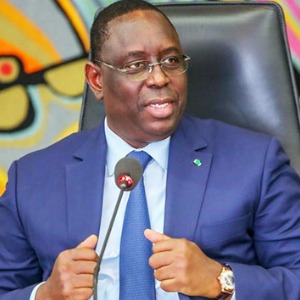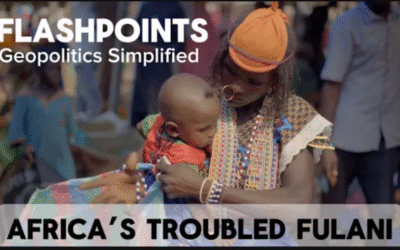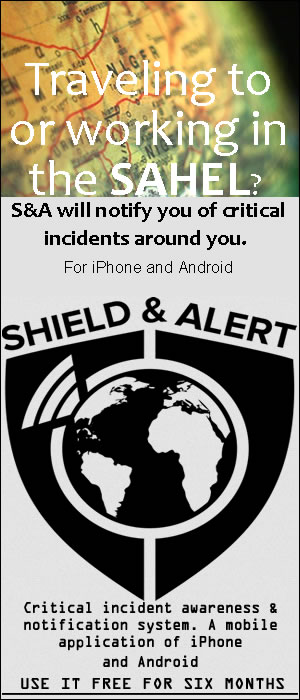By Arezki Daoud: It’s an election year in Africa and it already started badly. The East African island of Comoros in the Indian Ocean opened the election cycle on 14 January, with autocratic figure Azali Assoumani “re-elected” for a third term, presumably winning 63% of the vote. Election authorities in that country say turnout stood at 56%, a figure no one believes. With by the president exerting control over the judicial branch, the Comoros Supreme Court had no option but to confirm his “victory.” There have been violent protests and even deaths, prompting the government to impose a curfew. Now things are back to normal, with Assoumani continuing to rule the country for another term. By the way, since independence, the Comoros has had some 20 coup attempts, according to Al-Jazeera.
South Africa appears to be on track to being the rare exception of a normal upcoming election in Africa. Not as much drama as elsewhere, though excitement is palpable. The latest news from there suggests that opposition parties are campaigning as you would expect, with the Economic Freedom Fighters party of Julius Malema promoting job creation and economic growth to get voter support. Other parties are progressively starting to chime in, and that is putting the ruling African National Congress (ANC) on the defensive and in a tough position and likely to see its position in the legislative erode. South Africans are headed to the voting booths in May 2024.
The most troubling case, though, is that of Senegal, whose president, Macky Sall, singlehandedly postponed the election, initially scheduled for later this month (25 February). The postponement is likely a reaction to the expected political gains for Sally’s opponent Ousmane Sonko and his allies. While the latter has been implicated in myriads of legal issues, likely fabricated, Sonko has attracted the anger of France because he has been calling for a clean break with the franc as a domestic currency and proposed to replace it with a Senegalese currency.
Our esteemed colleagues at MondAfrique note that more than a week after Macky Sall’s decision to postpone the presidential election, Senegal is sinking deeper into crisis every day. Already three people died in protests, which are likely to increase going forward as Macky Sall maintains his decision to stay in power.
The situation in Senegal is dire and dangerous. According to MondAfrique, “the mobilization against Macky Sall’s decision to postpone the presidential election and extend his tenure at the head of Senegal go far beyond the traditional circles of political protest. An extremely rare occurrence in Senegal: religious people and businessmen are now openly opposed to the postponement of the presidential election. In a joint statement made public Monday in Dakar, businessmen deplored the uncertainties into which the decision to postpone the presidential election brought Senegal, highlighting their fears of seeing investors go to other destinations.“ AFP news agency says travel agents are reporting “a significant number of tourist cancellations,” affecting primarily hotel reservations, with the searches for flights to the country down 17% during the week of February 2-8 compared to the previous week.
Academics too have been vocal in criticizing Macky Sall’s unilateral decision. But perhaps the most damaging event is the news that iconic singer Youssou Ndour, Macky Sall’s former Minister of Culture and Tourism, announced his opposition to Sall, with “the Senegalese superstar protesting Monday in Dakar,” according to MondAfrique. What’s next for Senegal is complete uncertainty and the country could be facing autocracy if its people and elite do not make an end to Sall’s dangerous ideas. However, the Senegalese people are not likely to toe the line to Sall, as they are extremely protective of their democratic gains. If Macky Sall does not move quickly to ease tension with a final decision on an election date this year, I would not bet a dollar on his political survival in the midterm.
Madagascar has parliamentary elections in May. We will report back to you on that in the days to come. More: https://north-africa.com/series/africa-2024-elections/








